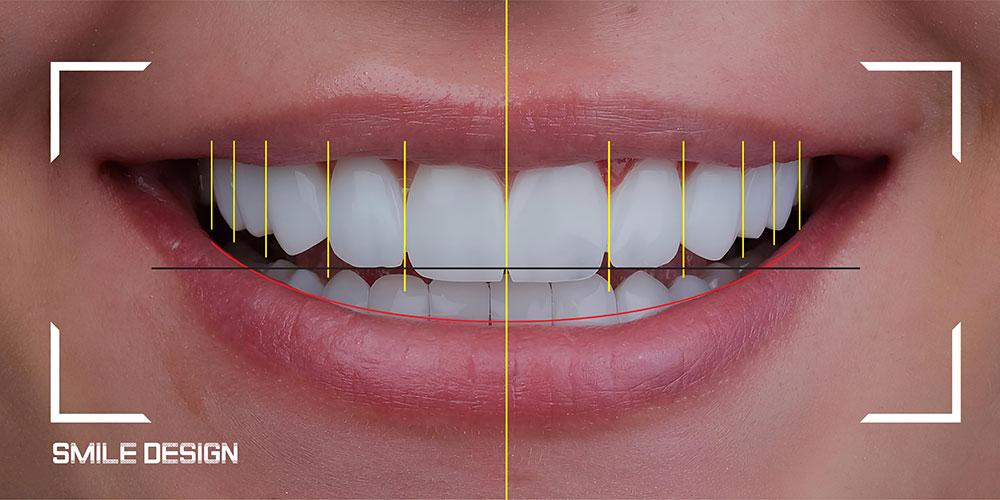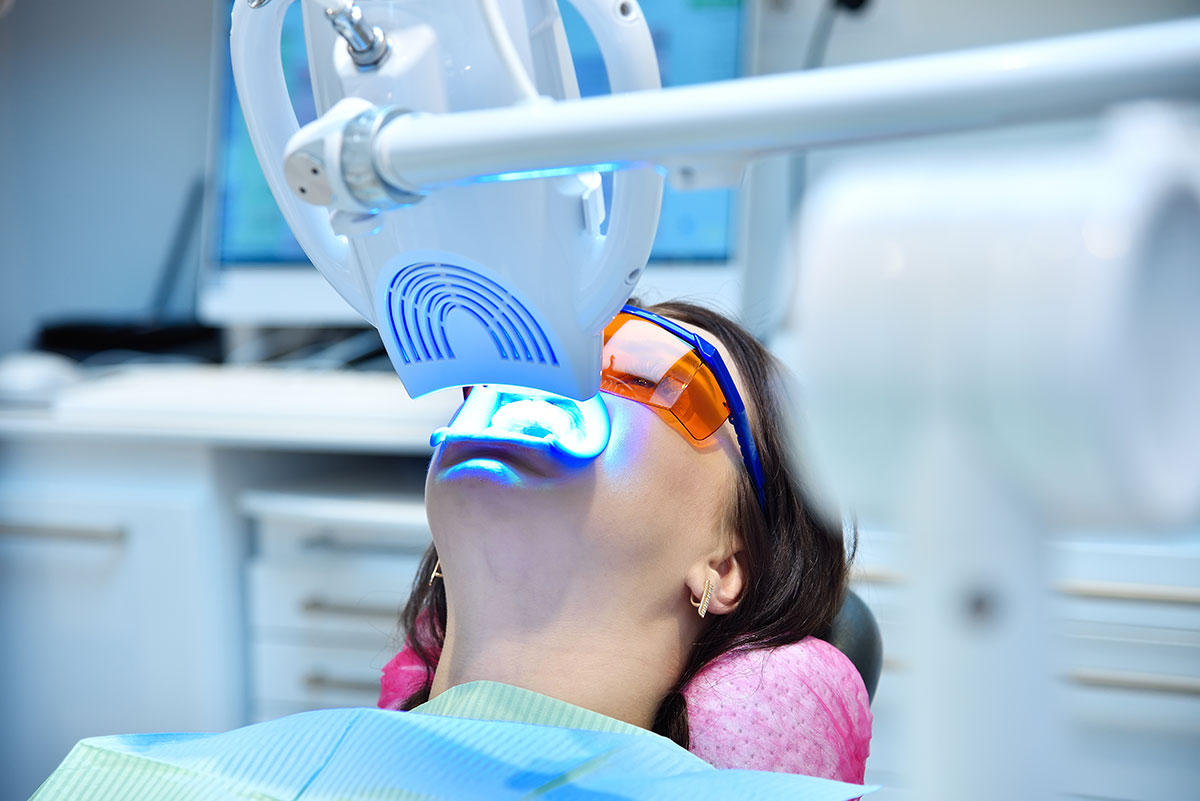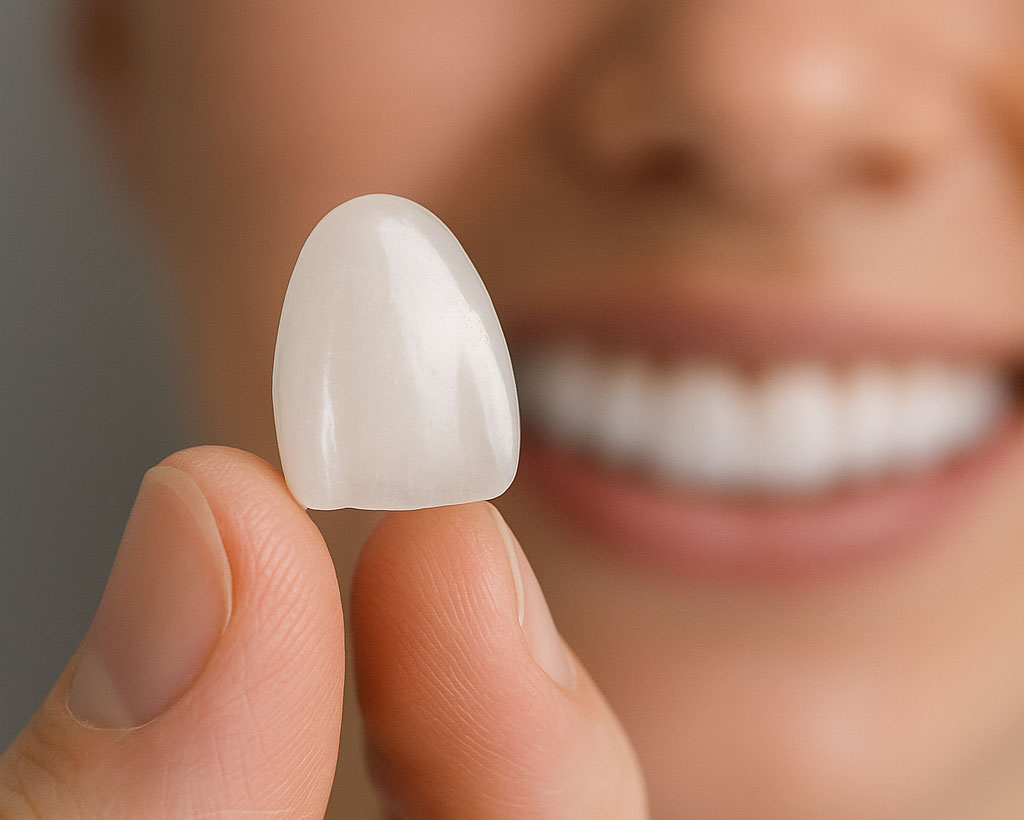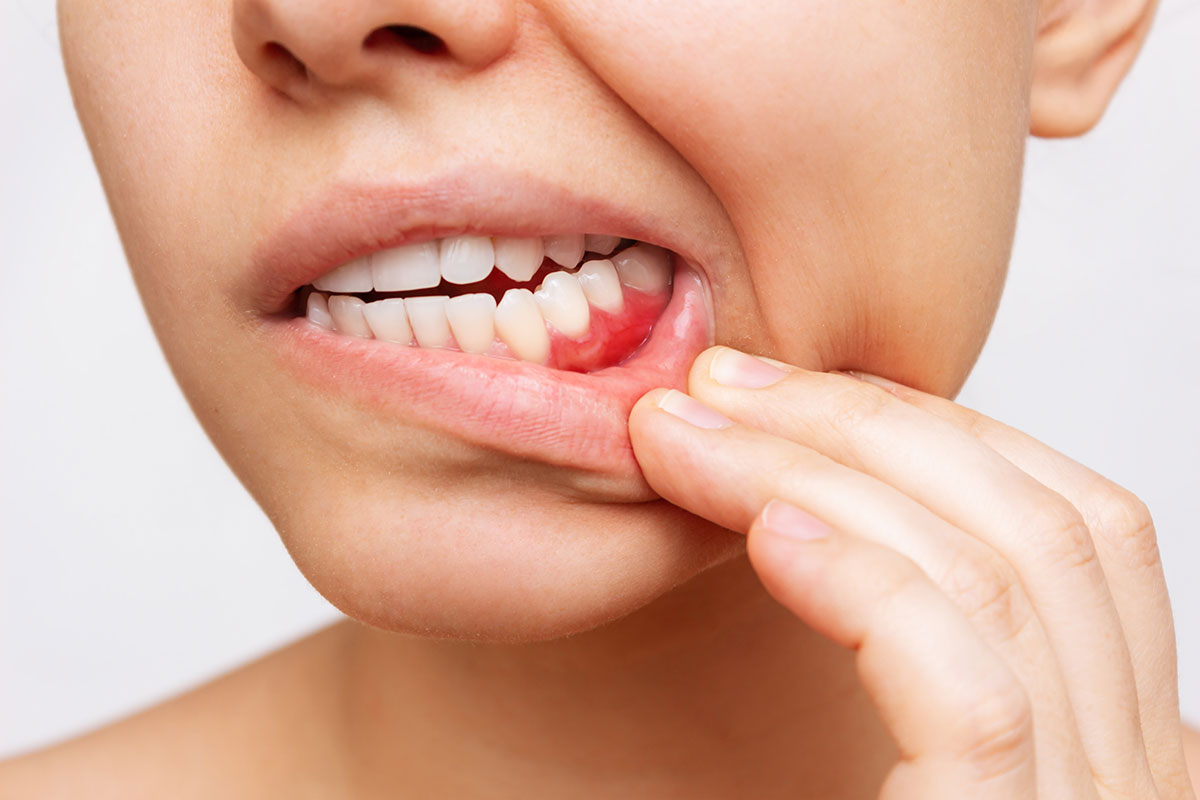Dental health is extremely important for both aesthetic appearance and a healthy life. Missing teeth negatively affect not only smile aesthetics, but also chewing function and speech. One of the most commonly used methods to eliminate these problems is dental prostheses.
Dental prostheses are artificial teeth applied to restore the function and aesthetics of lost teeth. Today, thanks to the developing technology, dentures have a very natural appearance and have significantly improved the quality of life of patients.
Why is Dental Prosthesis Necessary?
Tooth loss can be caused by decay, gum disease, trauma or aging. Missing teeth cause the following problems:
- Difficulty chewing → Prevents adequate nutrition.
- Speech impairment → It causes sounds not to be produced correctly.
- Aesthetic concerns → Negatively affects social life and self-confidence.
- Shifting of teeth → Other teeth move to fill the gap of the missing tooth and crowding occurs.
- Jaw bone resorption → Bone loss accelerates in areas without tooth root support.
Dental prosthesis eliminates these problems and provides great benefits in terms of both health and aesthetics.
Types of Dental Prosthesis
Dental prostheses are divided into different groups according to the material used, the method of application and the needs of the patient.
Fixed Prostheses
These are prostheses that cannot be removed by sticking them in the patient's mouth.
- Crown (veneer): These are veneers applied on a single tooth.
- The bridge: It is a prosthesis made by supporting healthy teeth next to one or more missing teeth.
Advantages: Natural looking, robust and long lasting.
Removable Prostheses
They are prostheses that can be removed and worn by the patient.
- Complete denture (palatal prosthesis): It is applied when all teeth in the mouth are lost.
- Partial prosthesis It is used for people who are missing only a few teeth. It is attached to the mouth with metal clasps or precision fittings.
Advantages It is a more economical solution and can be prepared in a short time.
Implant Prostheses
These are prostheses made on implants placed in the jawbone.
- Implant crowns for single missing teeth
- Implant-supported bridge in multiple deficiencies
- Fixed or removable prosthesis on implant in all tooth loss
Advantages It is the most natural and comfortable solution. Prevents the jaw bone from melting.
Advantages of Dental Prosthesis
- Provides an aesthetic smile: It replaces lost teeth with natural looking teeth.
- Restores chewing function: It facilitates healthy eating.
- Corrects speech disorders: Voice problems caused by missing teeth are eliminated.
- Protects jaw and dental health: It prevents the side teeth from shifting and slows down the resorption of the jawbone.
- Increases self-confidence: It offers the opportunity to smile more comfortably in social life.
Dental Prosthesis Application Process
For patients who want to have a dental prosthesis, the process consists of the following steps:
- Inspection and planning → The physician examines the mouth and jaw structure and decides which prosthesis is appropriate.
- Measurement → The patient's mouth is measured with special materials.
- Temporary prosthesis application (when necessary) → The patient does not experience loss of function while the permanent prosthesis is being prepared.
- Prosthesis preparation → Prosthesis is prepared in laboratory environment.
- Experimentation and adaptation → Proofing the prosthesis, making corrections if necessary.
- Final implementation → The prosthesis is fixed or delivered.
- Controls → Regular check-ups are performed for the fit and comfort of the prosthesis.
Dental Prosthesis Care
Regular maintenance is essential for the longevity of dentures.
- Regular cleaning: For fixed dentures, teeth should be brushed normally; removable dentures should be cleaned with special brushes.
- Night prosthesis use: Complete dentures should be removed at night and stored in special boxes.
- Use of dental floss and interface brush: It is especially necessary for the removal of food residues in bridge prostheses.
- Regular dental check-ups: Every 6 months, dentures and oral health should be checked.
- Avoid hard foods: Very hard foods should not be consumed to avoid damaging the prosthesis.
Who Are Suitable for Dental Prosthesis?
Dental prosthesis can be applied to anyone who has lost teeth. However, the most appropriate type of prosthesis is determined according to the patient's oral structure, age, general health status and budget.
- Those who have lost teeth at a young age implant-supported fixed prostheses are ideal.
- People with advanced age and osteoporosis removable prostheses may be more appropriate.
- Chronically ill (e.g. diabetes, heart disease) must inform the dentist about their health.
Factors Affecting Denture Prices
Dental prosthesis prices vary according to the material used, the method applied and the number of teeth. In general
- Fixed prostheses are more expensive than removable prostheses.
- Implant prostheses are the most costly but most comfortable solution.
- The price increases when special porcelain or zirconium material is preferred.
Frequently Asked Questions
Is tooth replacement a painful procedure?
No. Prosthesis applications are usually performed under local anesthesia and pain is minimal.
Do dentures look natural?
Thanks to advances in technology, dentures are so natural that they are indistinguishable from real teeth.
How long does it take to get used to prostheses?
The patient usually gets used to the new prosthesis within a few weeks. Regular use speeds up this process.
Are prostheses used for life?
The lifespan of dental prostheses varies according to the materials and care used. They may need to be renewed after an average of 5-10 years.
Dental prostheses are one of the most effective solutions that eliminate both aesthetic and functional problems caused by tooth loss. With fixed, removable or implant-supported options, a suitable solution is possible for every patient. With regular maintenance and physician control, dentures can be used for many years.
If you are missing teeth, you should consult a dentist as soon as possible to get a healthy smile.





